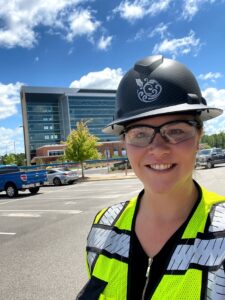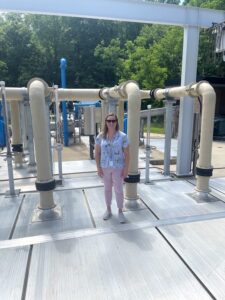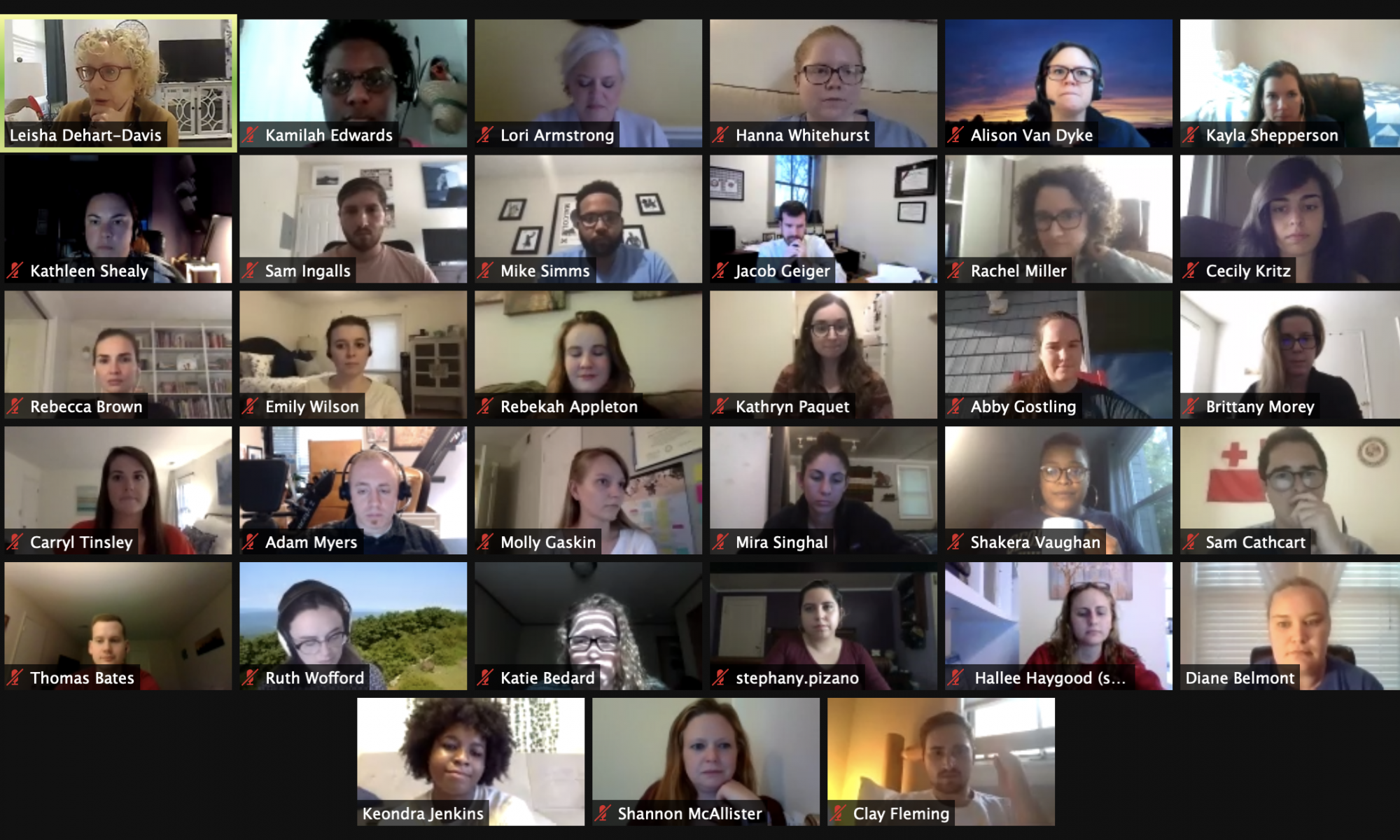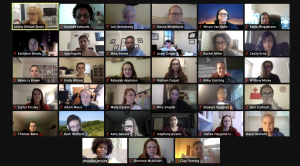This post was written by current UNC MPA student Jennifer Taylor-Monteagudo Mora.
———————————————————————————–
Hello All!
My name is Jennifer Taylor-Monteagudo Mora. I am from Prince George, Virginia and graduated from Virginia Commonwealth University in 2009 with a Bachelors degree in Political Science with a concentration in Government and Public Affairs. Upon graduation I held many jobs due to the economic situation the country was in during that time.
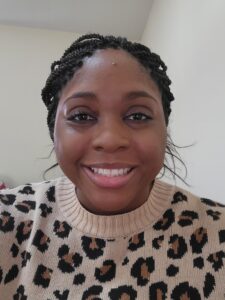
I ultimately found myself teaching in Houston, Texas where my passion to help communities on a local level flourished. In this position I taught elementary reading, writing, and social studies. After one year teaching it was brought to my attention that there was a high level of English language learners in our school that were not properly serviced because many teachers were unable to pass the certification exam for this specialty. I studied over the summer and passed that exam. This proved to be a turning point and where my educational expertise began to focus on immigrant communities and providing quality education to truly diverse communities while respecting and embracing cultural differences.
In this role I was able to represent my school district for large conferences on English Language Acquisition and began my path to educating educators on how to bridge the gaps for students that speak other languages. Fast forward five years and I returned to my home state of Virginia. In Virginia while still teaching I began to work with the English as a Second Language (ESL) department to reach out to parents and inform them on the United States educational system. This is where I began to flourish. I reignited my love for community outreach, combined with my love of education and learning. While my love to work with children and their families still exists, my passion for the community on a more wholistic level was not being completely fulfilled.
I decided to finally apply go back to school to obtain my masters degree. I knew I did not want to get a degree in education. I did not want to limit my community impact to a school or school district, I wanted to improve the community for everyone. I began my MPA at Chapel Hill in Fall 2020. This program was perfect for me, it allowed me to continue to work fulltime and still pursue my educational ambitions. The program has proven to be very interactive even on the virtual platform with amazing classmates and professors that keep that sense of a close community even when people are on different coasts.
I have been afforded this wonderful opportunity to participate in the City of Richmond Mayor’s Fellows Internship as my Professional Work Experience component of the MPA program. In this internship I am working with the City Treasurer on multiple tasks and a project. I am excited about this Professional Work Experience (PWE) as it is a great opportunity to learn new skills and build on the foundation that I have already developed in my career. My mentor is highly energetic and passionate about serving her constituents. I look forward to all of the knowledge she is able to give through this experience. The merging of working with elected officials, the public, and public servants is a perfect mixture of the reality of working in local government and I am excited to embrace the experience.
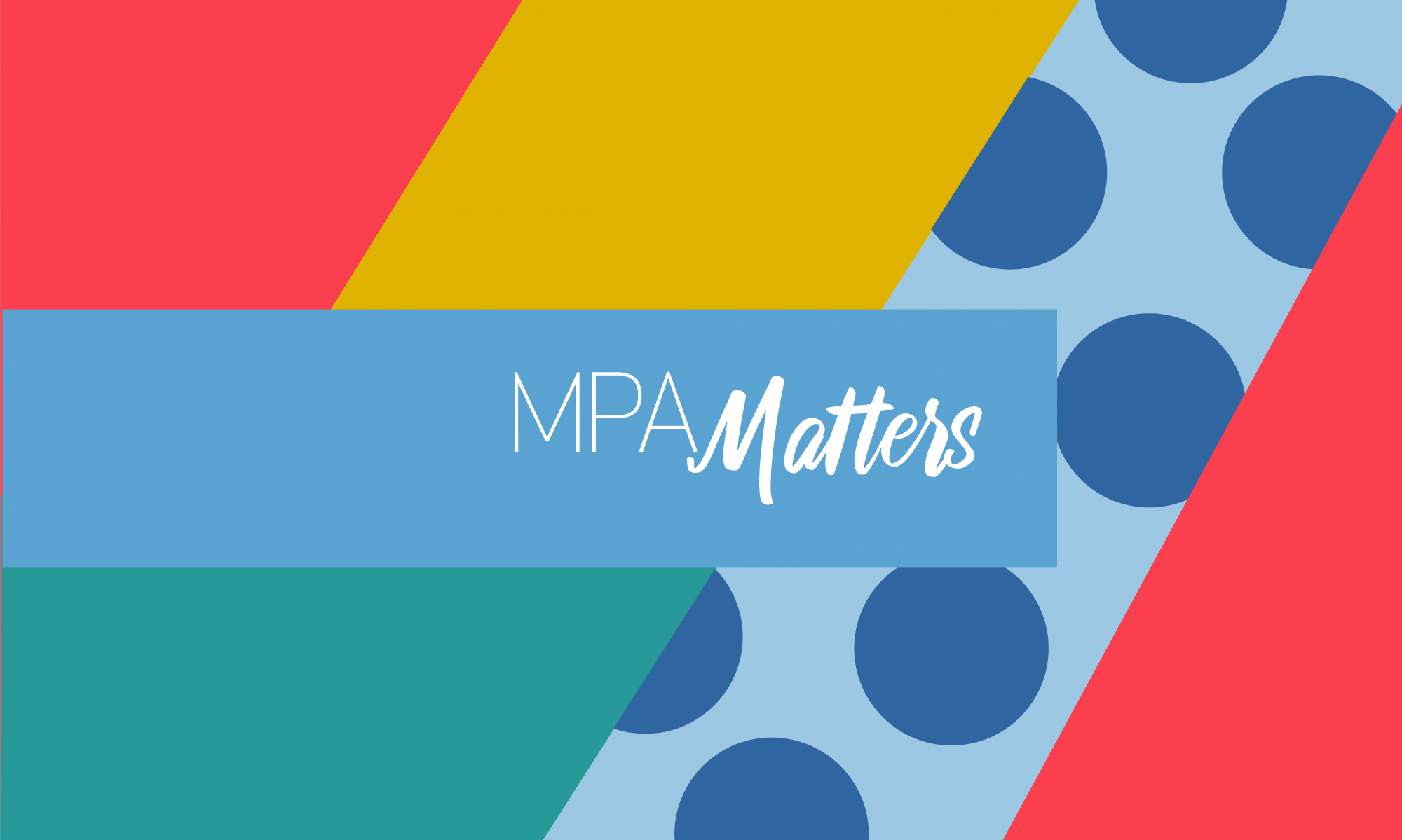

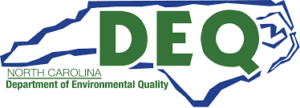


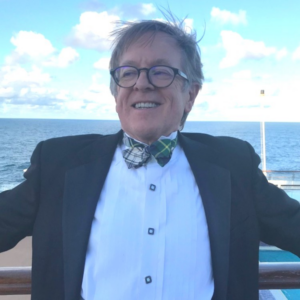
 Greetings to all! My name is Wayne Banks Jr. and I am currently a 2nd year online student in the MPA program. The PWE experience can introduce students to opportunities and a practical understanding of the career interests of an individual. For myself, I am interested in the Community Economic Development and Finance & Budgeting career fields that can be a part of Public Administration responsibilities. By way of networking opportunities, I was invited to an interview and received an offer for my PWE as a Budget & Research Analyst at the Finance & Budget Division of UNC Chapel Hill. This opportunity has provided me with a practical experience to the financial responsibilities of a public higher education institution. I am almost half-way through this PWE experience and can tell you that our work in this division is important and exciting.
Greetings to all! My name is Wayne Banks Jr. and I am currently a 2nd year online student in the MPA program. The PWE experience can introduce students to opportunities and a practical understanding of the career interests of an individual. For myself, I am interested in the Community Economic Development and Finance & Budgeting career fields that can be a part of Public Administration responsibilities. By way of networking opportunities, I was invited to an interview and received an offer for my PWE as a Budget & Research Analyst at the Finance & Budget Division of UNC Chapel Hill. This opportunity has provided me with a practical experience to the financial responsibilities of a public higher education institution. I am almost half-way through this PWE experience and can tell you that our work in this division is important and exciting.